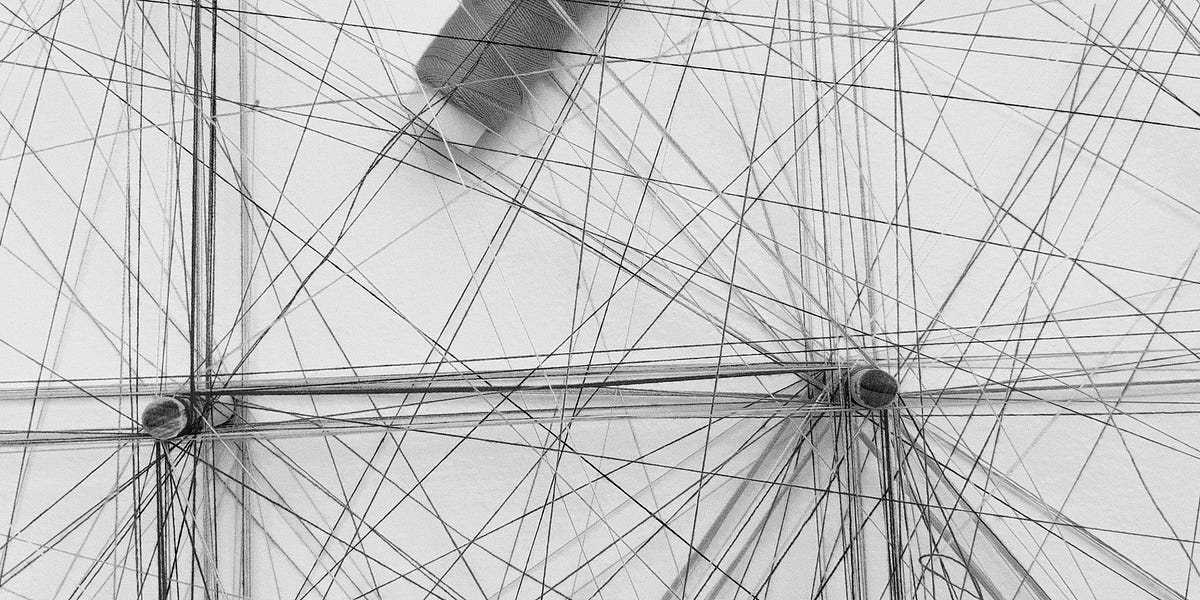
Distributed Trust: The Future of Crowds & Honesty

Secret Societies, Network States, Burning Man, Zuzalu, and More: Thoughts on New Political Communities
Matt Prewittradicalxchange.org

I chose Discourse for my community because I wanted to build something that couldn’t be quietly corrupted. Where power is visible, distributed, and accountable. Where if I ever turn into the villain of my own story, people can see it happening and have tools to respond. It’s not a perfect solution. But it’s better than trusting my own benevolence... See more